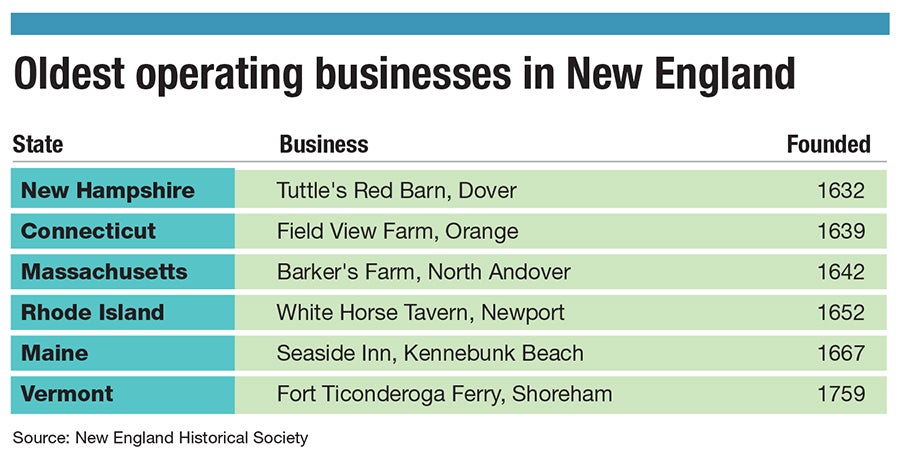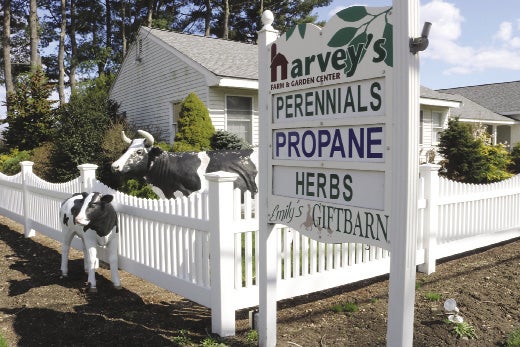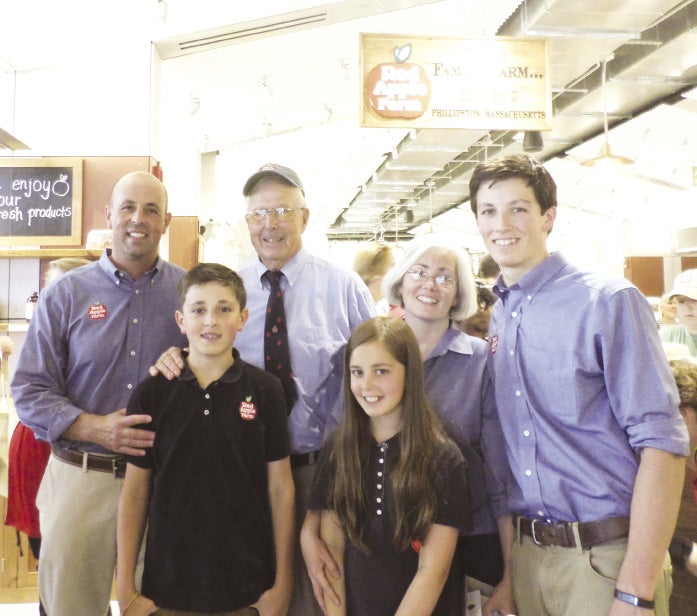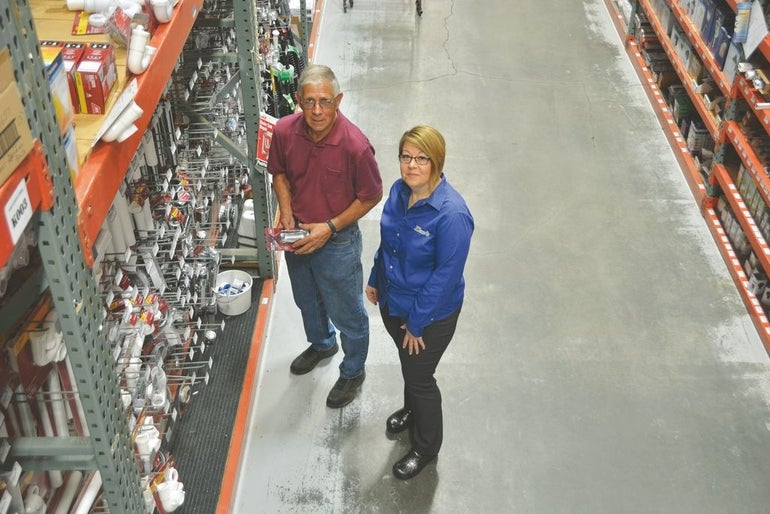Four multigenerational Central Mass. businesses owners underscore the importance of mixing up both their goods and their services, as well as an overwhelming willingness to adapt to customer requests and market demands.
Get Instant Access to This Article
Subscribe to Worcester Business Journal and get immediate access to all of our subscriber-only content and much more.
- Critical Central Massachusetts business news updated daily.
- Immediate access to all subscriber-only content on our website.
- Bi-weekly print or digital editions of our award-winning publication.
- Special bonus issues like the WBJ Book of Lists.
- Exclusive ticket prize draws for our in-person events.
Click here to purchase a paywall bypass link for this article.
When it comes to helping a business stand the test of time, multigenerational business owners point to one key strategy above all others: diversification.
Across interviews with leadership from four multigenerational Central Mass. businesses owners – all who head companies in operation for at least five decades – each underscored the importance of mixing up both their goods and their services, as well as an overwhelming willingness to adapt to customer requests and market demands.
But while it may sound simple at face value, switching up a business model is no small undertaking, professionally or, sometimes, personally.
Jessica Bettencourt, the third-generation president of the Spencer-based general store Klem’s, said her father was ridiculed by industry peers after he took over the business in 1979 and added farm, lawn, garden and pet supplies onto his tractor dealership.
“They called him the dog food man,” Bettencourt said.
Ten years later, as farms shuttered, Bettencourt said selling dog food helped the business survive what would have otherwise been a significant business upset. But it wasn’t a fluke or because of some lucky prediction her dad made that decision. The decision to expand offerings at Klem’s was a result of customer needs and requests.
“You might dismiss the first customer and say, ‘No, no, I'm sorry; we don't sell that,’” Bettencourt said. “But once you have two or three customers start asking for that same product, then you understand there's a need.”

Staying flexible
Betsey Brewer and Cindy Lavoie, who co-own Southwick’s Zoo in Mendon with their mother and three brothers, said the same is true in the zoo business. What first opened in 1963 has expanded into a 200-acre private zoo, including a year-round restaurant, rides and animal encounters.
Joking they sometimes feel like children during their family meetings and making the zoo last the decades has required blood, sweat and tears, Lavoie said flexibility has been key.
“You can’t have anything written in stone,” she said.

Admission sales typically go up during economic recessions because folks are more likely to stay closer to home, and Lavoie said the greatest challenge Southwick’s typically faces is out of everyone’s control: the weather. With the zoo itself open six months a year, a stormy or even excessively hot season may deter visitors or make it difficult to keep all attractions open.
Improving the zoo’s offerings becomes key. Whether upgrading exhibits, expanding programming or beefing up their conservation efforts, Brewer and Lavoie said they are constantly reinvesting into their business, operating like a nonprofit even though Southwick’s is privately owned.
Never give up
But while diversification can contribute to growth, business owners have to grapple with challenges beyond scaling and sustainability. When your business is on the brink of collapse, whether figuratively because of economic instability, or literally as was the case for Harvey’s Farm and Country Store in Westborough, after the infamous 1953 tornado tore across Worcester County and knocked down the barn and living quarters, sometimes you have to turn to your community for help.
Emily Harvey, who runs the six-generation farm and retail operation with her father, Jim Harvey, said her grandparents lived at their church while they prioritized rebuilding a barn for their dairy cows – their main source of livelihood – before even rebuilding their home. She grew emotional recounting the story of the devastating storm, which hit the property when her father was only 1 year old.
“My grandfather lives by the motto ‘Never give up,’” Harvey said. “And if it weren’t for coronavirus right now, he would be at work every single day because that’s what keeps him going.”

But as the world faces a historic recession in the face of the coronavirus pandemic, which has all but halted the majority of the economy, never giving up looks differently than it has in the past, Harvey said. Business owners simply can’t operate the way they’re used to because they risk harming both staff and customers. But that, she said, doesn’t mean customer relationships can’t remain a priority.
Although the farm is considered an essential business under the ongoing economic lockdown and is allowed to remain open, Harvey’s has transitioned its retail operations to a curbside pickup model, which limits the contact she and her staff have with their shoppers. What she’s learned, she said, is the importance of being as transparent as possible about how the farm is handling the crisis.
“I’ve always had the utmost respect for business owners that, when things are hard, they share that,” Harvey said.
Offering a little thank you
While there isn’t a foolproof manual for keeping businesses afloat across economic downturns, generational leadership changes or fluctuating markets, multigenerational business owners in Central Mass. have certainly weathered nearly every obstacle under the sun – and they’re still adapting now, possibly with greater force than ever before. But sometimes, when it comes to finding the upshot of what appears to be an overwhelmingly negative situation, it’s the small gestures that go the farthest toward maintaining relationships with clients and customers.

Red Apple Farm in Phillipston has been in operation for more than 100 years, first opening in 1912, and owner Al Rose said direct, positive interactions are how he and his staff are used to increasing the value of customer experience. Under the current pandemic restrictions, that’s almost impossible, outside of phone calls. His staff came up with a simple solution: flowers.
“All through Easter [staff members] were actually collecting daffodils and some other flowers,” Rose said. “Now we [give] little bundles, for everybody that comes to pick up, just to offer a little thank you.”
Remembering everyone is in this current moment together, he said, and stepping up accordingly, is how business owners – and the larger community – will get to the other side.
“I do believe we’ve all got to remember that,” Rose said. “Better days are coming, I just don’t know when.”

